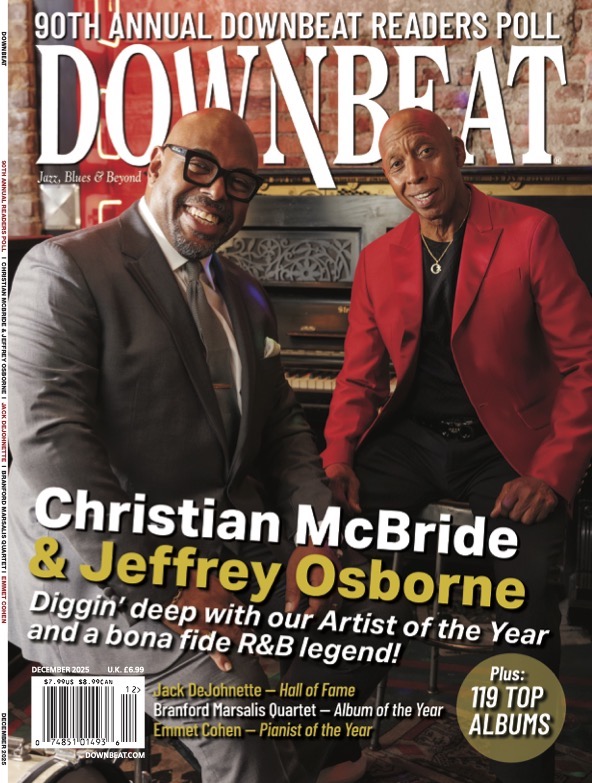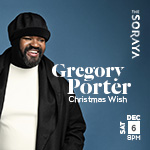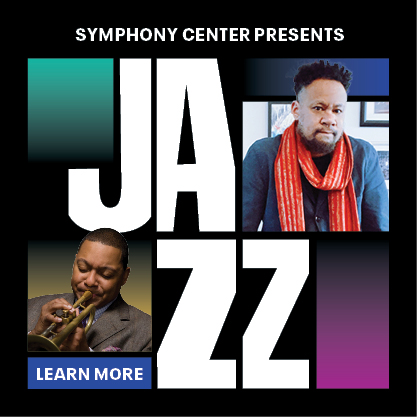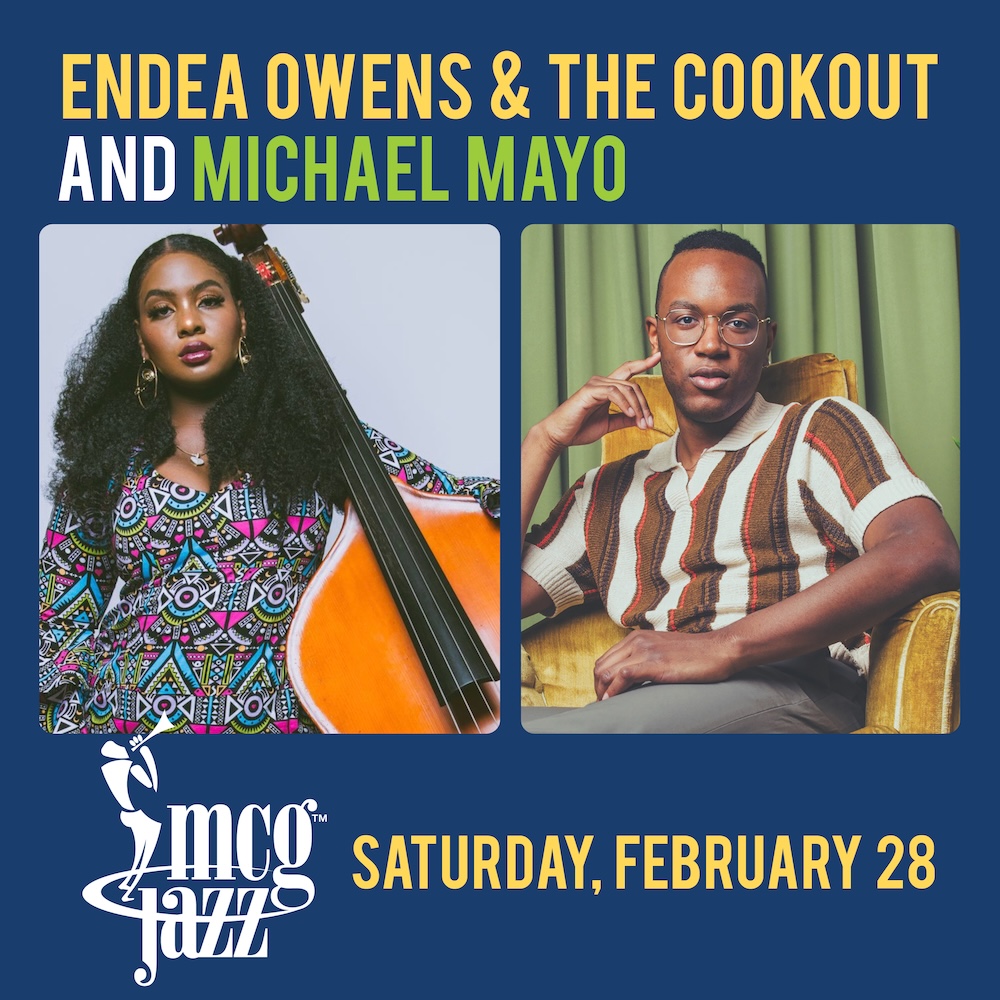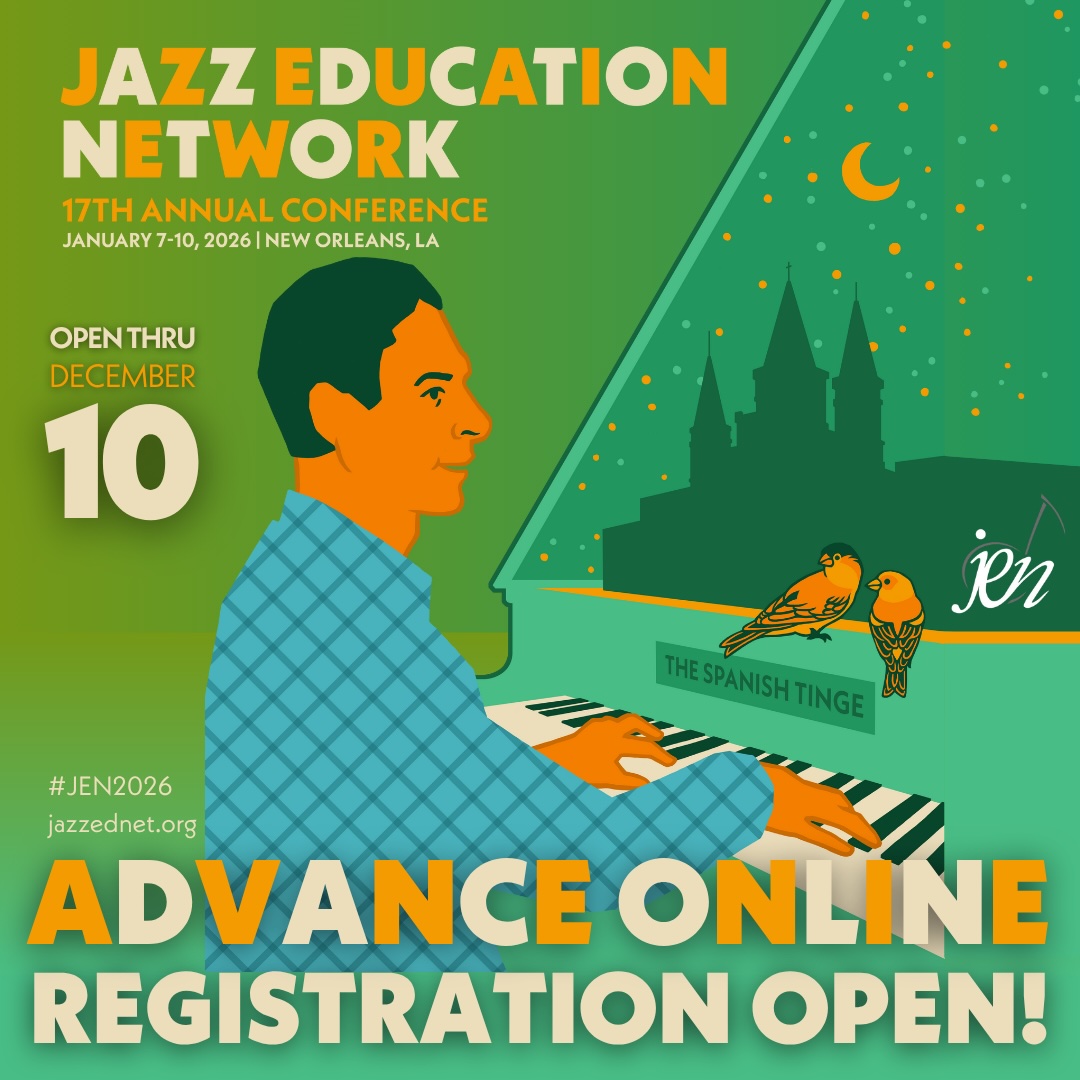Oct 28, 2025 10:47 AM
In Memoriam: Jack DeJohnette, 1942–2025
Jack DeJohnette, a bold and resourceful drummer and NEA Jazz Master who forged a unique vocabulary on the kit over his…
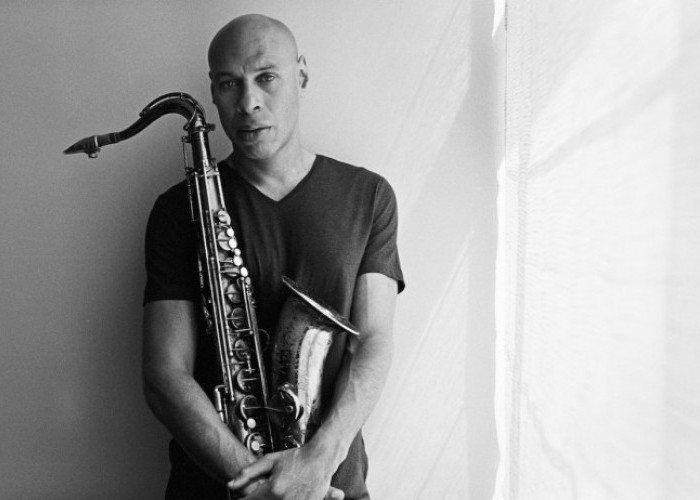
Joshua Redman’s current quartet first convened in 1998.
(Photo: Michael Wilson)What’s really weird for me is what constitutes canon these days. For a long time, people came up to you ... and referred to recordings that you made. And you had some sort of sense of “I released that,” or “I had some involvement in someone else’s record.”
But now, it might be some random, janky bootleg that’s up on YouTube taken at any gig by anyone with a cell phone. Or it might be from some TV show in Poland or Germany that someone just captured and threw up there. Those are now sometimes the source material more than the [official] recordings themselves.
I really get that a lot when I meet musicians under the age of, say, 25. I’ll be in a situation where someone will ask me a question about one of those performances or videos that I have no recollection of. And they’re astounded that I don’t remember it. Because for them, that’s the one that got passed around and shared. Or it’s the one that reached the top of the algorithm, and it’s got all the views.
It’s the new reality, and I’ve accepted it. But it was a little disconcerting at first. And maybe it’s presumptuous for us, as artists, to ever think that we could or should have some sort of control over what people get to hear—or what’s most heard, you know?
I remember hearing that when you were on tour back in the ’90s, you would survive on just a couple of hours of sleep per night.
That was a real active time, and I was in my twenties. And there were a lot of gigs. I remember one year, I think it was ’95 or maybe ’96. I was living in New York, and I never spent a full week, a full seven days, at home. I probably did 300 gigs that year.
I didn’t enjoy getting two or three hours of sleep a night. But I could handle it in a way, maybe, that I can’t handle now. You’re just more resilient when you’re young, and I had less responsibility in life. I didn’t have a family.
That was a very different time. There were more activities going around, more stuff to do outside of the gig. We used to do in-store performances. That was a big thing.
And there was a time when I was willing to say “yes” to a lot of things. I mean, I’m happy to do this interview. But generally, these days, I’m just, like, “Man, I don’t have anything to say!” [laughs] Back then, maybe, I did have something to say with my mouth, but didn’t have that much to say with my horn. Now, I feel like I’ve got something to say with my horn, and that’s about all I have to say.
But I was lucky, in a way, to be around back then: It helped create a career for me. And it’s very different now.
When I heard that Roy Hargrove had died, you were one of the first artists I thought about. Was he one of the first of your peers to pass away?
That was shocking for all of us. It really hit home on that kind of personal, generational level. He was 49, and I was still 49.
And when you say “peer,” I’m not saying that I’m at his level. It’s more that we were age peers. I consider myself a late bloomer, because when I came to New York I was, like, “Roy Hargrove! Christian McBride! Greg Hutchinson! Brad Mehldau!” These were some of my idols, because I’d just come from college. And they were already on the scene, doing it.
I got to play with Roy early on. I got to do some guest appearances with his band. And probably the first time I played with Greg Hutchinson was in Roy Hargrove’s band.
Roy was one of my favorite musicians. He was so inspiring. The word “natural” is bandied about a lot, but he was just a true natural. He worked really hard, though, and was very serious about music. He had a deep, deep understanding and really owned his craft.
The soulfulness and spirit and just his gift for melody and rhythm and the feeling in his playing was so righteous, so raw and so, so true. He was one of those musicians where I would hear him and be like, “Well, I’ll never have that. But I want to get as close to that as possible.”
As far as musicians from our generation, [bassist] Dwayne Burno [1970–2013], he’s the other one that comes to mind. I actually knew Dwayne fairly well, because I played with him a lot when I was in Boston. There probably have been a few others that aren’t coming to mind.
They were both so shockingly young. But you get to this part of life, middle age, where you start to lose friends and loved ones. And none of us know what’s next. So, we just have to make the best music we can and live the best life we can and come what may. DB
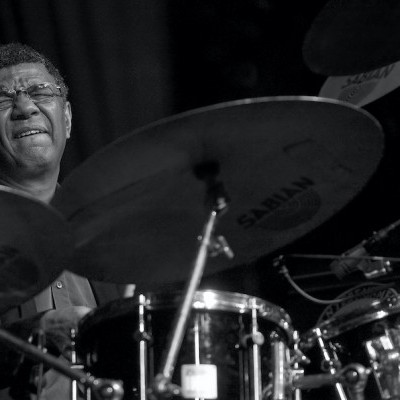
Jack DeJohnette boasted a musical resume that was as long as it was fearsome.
Oct 28, 2025 10:47 AM
Jack DeJohnette, a bold and resourceful drummer and NEA Jazz Master who forged a unique vocabulary on the kit over his…
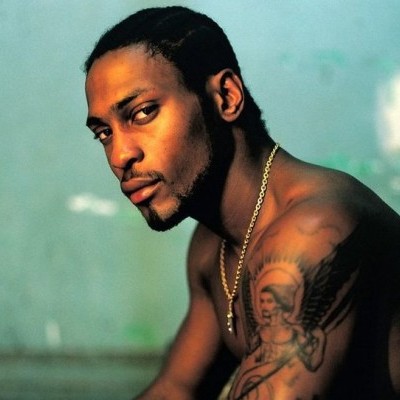
D’Angelo achieved commercial and critical success experimenting with a fusion of jazz, funk, soul, R&B and hip-hop.
Oct 14, 2025 1:47 PM
D’Angelo, a Grammy-winning R&B and neo-soul singer, guitarist and pianist who exerted a profound influence on 21st…
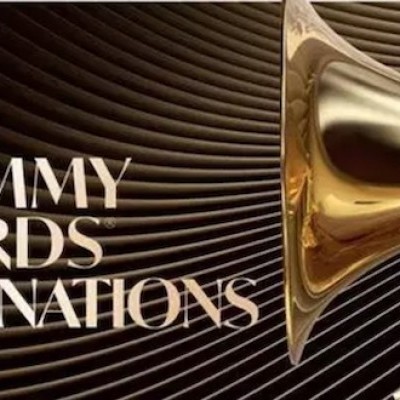
To see the complete list of nominations for the 2026 Grammy Awards, go to grammy.com.
Nov 11, 2025 12:35 PM
The nominations for the 2026 Grammy Awards are in, with plenty to smile about for the worlds of jazz, blues and beyond.…
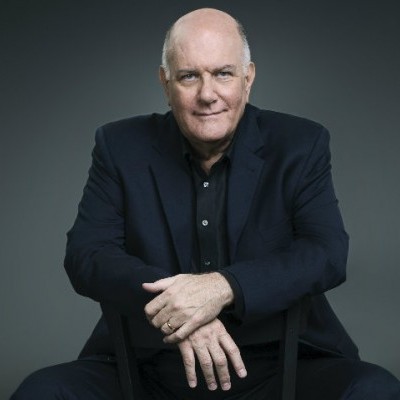
Jim McNeely’s singular body of work had a profound and lasting influence on many of today’s top jazz composers in the U.S. and in Europe.
Oct 7, 2025 3:40 PM
Pianist Jim McNeely, one of the most distinguished large ensemble jazz composers of his generation, died Sept. 26 at…
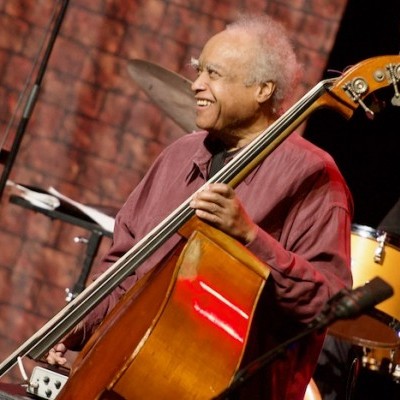
Drummond was cherished by generations of mainstream jazz listeners and bandleaders for his authoritative tonal presence, a defining quality of his style most apparent when he played his instrument unamplified.
Nov 4, 2025 11:39 AM
Ray Drummond, a first-call bassist who appeared on hundreds of albums as a sideman for some of the top names in jazz…

